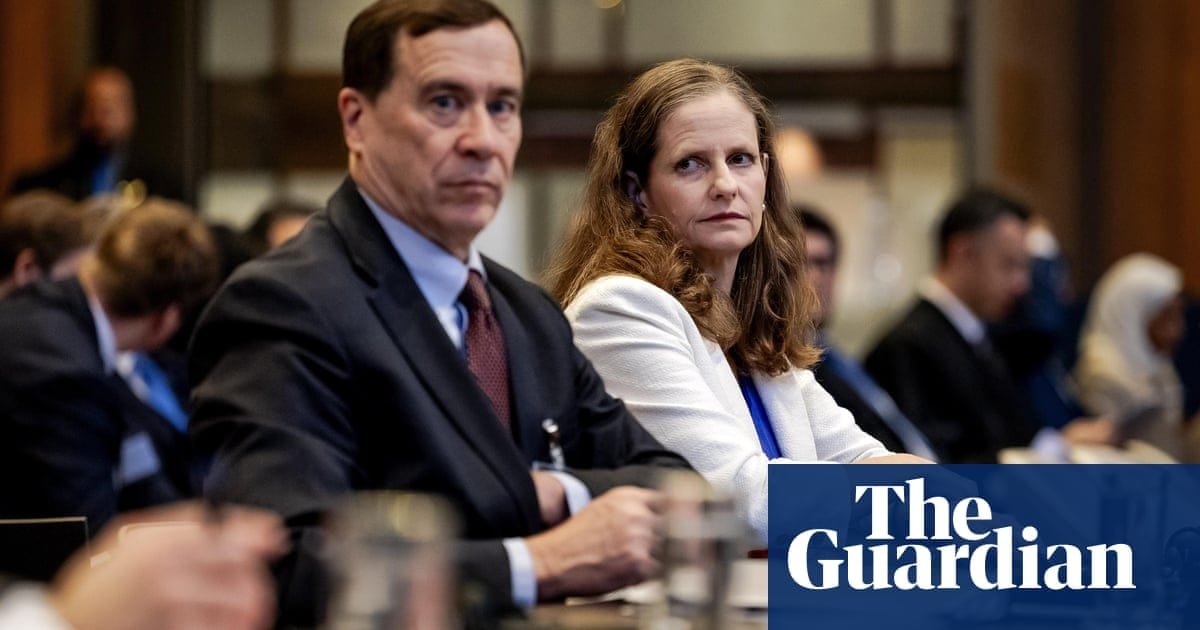From The Guardian - Climate Change
- The US, along with other major fossil fuel economies, is arguing against countries being legally obliged to combat climate change, despite being the world’s largest historic greenhouse gas emitter.
- The UN Framework Convention on Climate Change (UNFCCC) and the 2015 Paris Agreement are being cited as the best way forward, but climate justice activists argue that these agreements have failed to motivate substantial reductions in emissions and are not sufficient to address the climate crisis.
- The International Court of Justice (ICJ) is hearing a case brought by island nations and other climate-vulnerable countries, which is seeking to hold wealthy polluting nations responsible for their historical emissions and to establish a legal framework for climate justice.
Climate justice campaigners have condemned the US after the world’s largest historic greenhouse gas emitter argued against countries being legally obliged to combat the climate crisis.
The US intervention came on Wednesday as part of the historic climate hearing at the international court of justice (ICJ) in The Hague, where island nations and other climate-vulnerable countries are calling for wealthy polluting nations most responsible for climate breakdown to be held legally responsible.
Climate disasters are wreaking havoc across the planet, with dwindling hope of the current climate pledges curtailing global temperatures as the US and other fossil fuel nations continue to expand production.
Yet according to the US, the United Nations framework convention on climate change (UNFCCC) and 2015 Paris agreement and other existing non-binding treaties should be preserved and are the best way forward.
[…]
After years of campaigning by vulnerable nations and the global climate justice movement, the UN asked the ICJ to provide an advisory opinion on what obligations states have to tackle climate change and what the legal consequences could be if they fail to do so. More than 100 countries and organisations are testifying over the course of two weeks, and many hope the hearings will elevate science to the forefront, ensuring international law reflects the realities of climate breakdown and the urgent need for transformative action.
[...]
Read the full post at The Guardian - Climate Change.





